What is a "Diet"?
Written By: Heather Gerrish, MS, RDN
What is a Diet?
Dieting and diet culture is all around us. In marketing, products - health gimmicks and all! But how does this constant exposure influence our relationship with food? How does it shape our understanding, perception and focus on nutrition? Rethinking the way we picture our relationship with food and focusing on how it fuels our bodies to perform instead of a negative or quick-fix “diet” is an important factor to consider when creating a sustainable nutrition practice.
This blog will highlight various tools you can use to reshape your perception of food and dieting and break free of the “diet” culture we live in to help support your own balanced and sustainable nutrition practice.
First thing’s first - what do you think about food? Do you associate food or eating with a diet or certain menu? What thoughts do you associate with your favorite dish, sweet treat or snack? What emotions come into play?
Write these answers down somewhere safe or keep them as a reminder on your phone and revisit these concepts periodically through the development of your nutrition practice. It’s often surprising to look at what we previously viewed as “correct” or aligned with your beliefs and ultimate goals when it comes to nutrition when in reality this might have still been influenced by prior preceptions or societal ideals - like diet culture. Keep a log and see where it goes! You might just feel inspired to try something new or implement a new component to your evolving nutrition practice.
Using this as your baseline - in what ways would you like to change your definition? (If any)? How would this impact your daily life and routine? Emotional health?
Keep this answer in mind as we review some of the nutrition-related methods you can include to help direct your focus away from “diet” culture and towards a sustainable and balanced nutrition practice.
Let’s talk nutrition
Daily intake is an important factor when considering what your body needs (at a minimum) to do the work you need to go about your day and do the things you enjoy. When you provide inadequate fuel (undereat) your body is not able to perform at it’s best and physiologically can start to believe that you are starving - something we don’t want! (Look at YOU Diet Culture!) This occurs when the baseline (basal metabolic rate or BMR) is not met. Your body views this as a threat - it doesn’t know when you will eat next, or if you have access to adequate fuel (food!) to keep it going so in response it slows everything down, including how you burn stored fuel.
Sometimes the world of nutrition and health can be a little...confusing. Too many calories, too little...not enough of one thing and too much of another. How do you keep things straight? Listening to your body is KEY when making any changes to your lifestyle or health. Your body is providing you with the capacity to do work! You want to ensure that you are taking care of it the way it takes care of you every day.
Food is Fuel
Focus on how food is fueling your body - not as a punishment/negative component to your routine. We all need to eat, it’s what we decide to fuel our bodies that matter down your day *meals and snacks* to mirror your calorie, macro and fueling goals. Then, make it a goal to at a minimum meet this intake. (Preparation is key!)
Keep healthy snacks on hand and during emergency hunger strikes - your body needs energy and depriving it ultimately does not get you far. By supporting your goals and keeping healthy snacks nearby, you can have confidence that you will be able to make a healthy choice that is aligned with your nutrition practice, goals and preferences and not be at the mercy of something less appetizing or appealing!
Remember to refuel after workouts - replenish your energy stores and give your body what it needs to repair, build and recover. Food is not only important for daily activity but recovery as well. Don’t forget that your body requires energy to replenish the stores lost through activity and help repair and rebuild muscle tissue.
Finding Balance:
When you are first developing your nutrition practice, it takes time to figure out what works best for you and your body. Give yourself time to determine your best balance in ensuring that you are listening to your body and taking things one day at a time! Practice is essential to finding YOUR routine and making sure you are providing your body with enough fuel! Diet culture likely will not be going anywhere, but it’s how you navigate this influence that really matters.

